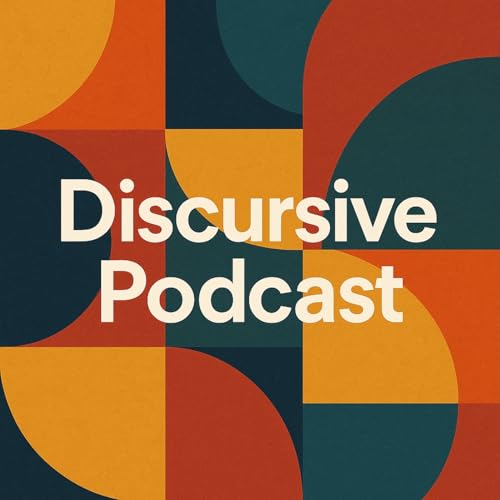
Your Code Might Outlive You
Failed to add items
Add to basket failed.
Add to Wish List failed.
Remove from Wish List failed.
Follow podcast failed
Unfollow podcast failed
-
Narrated by:
-
By:
About this listen
In the main segment, we challenge the rewrite-first mindset and make the case for durability, maintenance, and reuse as creative acts. Drawing from experience upgrading decades-old scientific code and from industry examples that outlive frameworks and fads, we explore the high cost of throwing software away and the value of architecture that separates what changes from what doesn’t. We also consider how AI assistants can help us understand and maintain existing systems rather than reflexively rewriting them. Read the original post for context: Your Code Might Outlive You.
Then in the news roundup: (1) Cisco’s open-source MCP-Scanner uses YARA rules and LLM-based analysis to hunt for risks in Model Context Protocol servers; (2) a proposal to bring a reactive programming DSL to Go, nudging developers beyond goroutines-and-channels for event streams; and (3) a bit of rail magic — the sleeper train from Milan to Sicily that still rides a ferry across the Strait of Messina — and the 13.5B€ bridge that could end the ritual.
Links Main segment- Your Code Might Outlive You (blog post)
- Things You Should Never Do, Part I — Joel Spolsky
- Hexagonal Architecture (Ports & Adapters) — Alistair Cockburn
- Apache Log4j 2 — Project page
- COBOL — Wikipedia
- Upgrading to React 18 — React Blog
- Software maintenance — Wikipedia
- MCP-Scanner — Scan MCP servers for vulnerabilities (GitHub)
- Go beyond Goroutines: introducing the Reactive paradigm (Substack)
- ro — Reactive programming for Go (GitHub)
- The last European train that travels by sea (BBC Travel)



